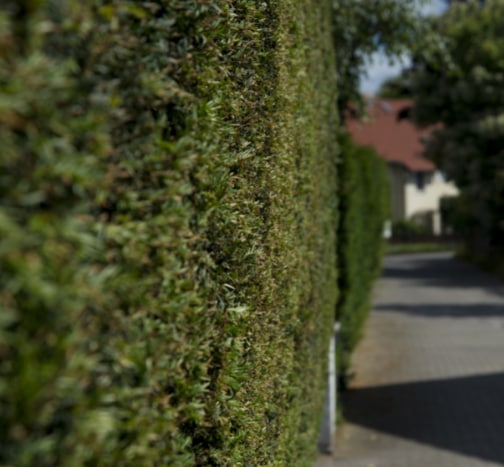
Introduction: Recently, there has been a resurgence of interest in traditional medicinal plants and herbal remedies as people seek natural alternatives to conventional medicine. Traditional medicinal plant gardens serve as living pharmacies, showcasing diverse plants with therapeutic properties and cultural significance. Trees play a crucial role in these gardens, providing shade, structure, and habitat for medicinal plants. However, to maximise the health and productivity of these plants, skilled tree reshaping is often necessary. In this blog post, we’ll explore the importance of tree reshaping for traditional medicinal plant gardens and how Uckfield Tree Surgeons can help create vibrant and thriving healing spaces.
Preserving Heritage and Tradition:
Traditional medicinal plant gardens are repositories of cultural heritage and traditional knowledge, preserving centuries-old practices and remedies passed down through generations. Trees within these gardens provide a sense of permanence and continuity, grounding the space in history and tradition. However, trees may require reshaping to maintain their health and structural integrity while complementing the overall design and function of the garden. Tree reshaping techniques, such as crown thinning, crown lifting, and selective pruning, can help preserve heritage trees and enhance their aesthetic and functional value within traditional medicinal plant gardens.
Creating Ideal Growing Conditions:
Medicinal plants have specific requirements for light, moisture, and airflow to thrive and produce their healing compounds effectively. Trees in traditional medicinal plant gardens can either support or hinder the growth and productivity of these plants, depending on their size, shape, and proximity to other garden features. Tree reshaping can help create ideal growing conditions for medicinal plants by optimising light penetration, air circulation, and soil moisture levels. By strategically reshaping trees to provide filtered shade, reduce competition for resources, and improve microclimate conditions, tree surgeons can help create healthier, more productive environments for traditional medicinal plants to flourish.
Enhancing Garden Aesthetics and Functionality:
Well-maintained trees enhance the aesthetics and functionality of traditional medicinal plant gardens, creating a harmonious and inviting space for visitors to explore and learn about herbal remedies and traditional healing practices. Trees provide focal points, structural elements, and visual interest within the garden, framing plantings and pathways and creating natural gathering spaces for education and contemplation. However, trees may require reshaping to maintain their form and proportion while complementing the overall design aesthetic of the garden. By carefully reshaping trees to enhance their beauty and functionality, tree surgeons can create more immersive and memorable experiences for visitors to traditional medicinal plant gardens.
Promoting Health and Wellness:
Traditional medicinal plant gardens are both sources of botanical knowledge and spaces for healing and wellness. Trees within these gardens offer opportunities for relaxation, reflection, and connection with nature, contributing to overall health and well-being. However, trees with dense or overgrown canopies may block sunlight and inhibit the therapeutic benefits of spending time outdoors. Tree reshaping can help promote health and wellness by creating open, inviting spaces for meditation, yoga, and other wellness activities. By reshaping trees to enhance sunlight exposure, create comfortable seating areas, and improve accessibility, tree surgeons can help maximise the healing potential of traditional medicinal plant gardens for visitors of all ages.
Conclusion: Tree reshaping is a vital component of creating vibrant and thriving traditional medicinal plant gardens, preserving heritage, enhancing growing conditions, and promoting health and wellness. By partnering with experts for expert tree reshaping services, garden designers, herbalists, and communities can create beautiful and functional healing spaces that celebrate the rich tradition of medicinal plants and promote holistic well-being. If you’re involved in the planning or managing of a traditional medicinal plant garden, consider investing in tree reshaping to optimise the health and productivity of your plants and create a sanctuary for healing and connection with nature. Together, we can cultivate a healthier, more resilient future rooted in tradition and botanical wisdom.
Call us on: 01825 705493
Click here to find out more about Uckfield Tree Surgeons
Click here to complete our contact form and see how we can help with your tree’s needs.